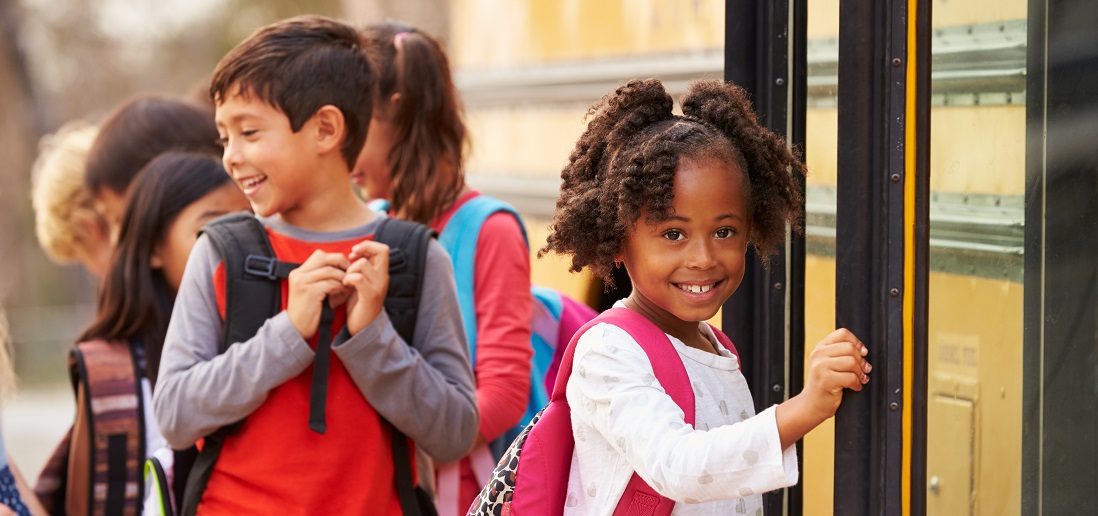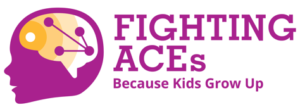
ACEs and Minorities
ACEs can affect anybody, anywhere. Children experiencing adverse situations, and adults who experienced adversity when they were children, come from all walks of life. ACEs are not confined to any particular race, religion, socio-economic background, or nationality. Any child can experience the sustained toxic stress associated with untreated trauma and suffer negative mental and physical health effects.
The original study on Adverse Childhood Experiences conducted by the Centers for Disease Control and insurance giant Kaiser Permanente in the mid-1990s unearthed this fact early in their research. Their study was conducted among 17,000 middle-class Americans living in Southern California. Even though these original participants were not necessarily representative of the average American, approximately half of them had still experienced at least one ACE.
Subsequent US-based ACE studies, including the largest study conducted to date between 2011 and 2014, have consistently shown the same general prevalence of ACEs among American children. This far larger sample group, and the data accumulated from many studies, highlighted some startling differences in who is most likely to suffer from ACEs. Children from minority backgrounds—whether based on race, socio-economic standing, or sexual orientation—were at distinctly higher risk of ACEs and their devastating life-long effects than middle-class white children.
At-Risk Minority Groups
Children of different races and ethnicities across the country do not experience the same exposure to ACEs. In the United States, 61% of black children and 51% of Hispanic children have experienced at least one ACE, compared to 40% of white children. In every part of the country, the lowest rate of ACEs was among Asian children. In most areas, the population most at risk was black children.
Geographic regions also showed different results. Compared to the national average of 1 in 10 children experiencing and ACE score of 3 or more, in 5 states—Arizona, Arkansas, Montana, New Mexico, and Ohio—1 in 7 children had experienced the same.
In Florida, 49% of children between birth and 17 reported no ACEs. 26% reported 1 ACE, 14% reported 2 ACEs and 10% reported 3 or more ACEs. This is generally in line with national averages.
The high occurrence of ACEs among minorities can likely be attributed to the uneven provision of services and opportunities in minority neighborhoods. This inequity is caused by social determinants of health. The World Health Organization describes the social determinants of health as “the conditions in which people are born, grow, live, work, and age. These circumstances are shaped by the distribution of money, power, and resources.” These result in the unfair but avoidable differences in health status seen between different neighborhoods, zip codes, and even states. The social determinants of health are responsible for most health and other social disparities.
ACEs Clusters
ACEs are the result of not only situations children face within their own homes or families but the general circumstances in which they live. Because the impact of ACEs is cumulative, we see high rates in areas where several detrimental situations are occurring simultaneously. For example, a neighborhood where there is a high rate of unemployment, few educational opportunities, a strong gang presence, and high rates of domestic violence is likely to produce children who are suffering from clusters of ACEs. Because of this, ACE studies now look at the cumulative effects of ACEs rather than the individual effects of any one specific ACE.
ACEs caused by the community environments where a child is raised go hand-in-hand with the ACEs occurring in individual homes and within families.
So, ACEs aren’t a racial issue; they’re a societal one. People with low incomes and limited education are also more likely to experience ACEs, as are people who identify as gay, lesbian, bisexual, transgender, or are questioning their gender or sexuality (the LGBTQ community). According to numerous research papers, including one published by the US National Library of medicine/National Institutes of Health, this group has a dramatically higher chance of experiencing childhood trauma, probably the result of lack of understanding among family members, the taboo of discussing these issues in some communities, and the stigma often imposed by society at large.
Helping children in these particular minority groups involves cultural sensitivity and the kind of community education that takes a long time to penetrate established ways of thinking. For many children confronting overwhelming adversity and inequity, buffering relationships are needed. It is essential to address the rejection and hardships they are statistically likely to experience in their lives - with a mental health professional or caring mentor or teacher who understands the impact of these experiences. Success among marginalized groups involves developing strong internal fortitude in children and encouraging them to eventually find accepting, supportive friends, if these relationships are not available at home or school.
It’s clear that minorities, children living in economically challenged neighborhoods, and members of traditionally marginalized groups are in particular need of support in the fight against ACEs.
Solutions
Now that we know that certain groups are more likely to experience ACEs, what can we do? As individuals and communities, we can channel our efforts. A high ACE score does not predestine a child for poor life outcomes, but it does identify that child as vulnerable. Since the fight against ACEs has two primary weapons, namely 1.) building resilience and 2) promoting healthy relationships (the internal and external supports, if you like), we can provide two practical forms of assistance to targeted groups.
Building Internal Coping Skills
To build resilience in children, they need to be taught how to self-regulate and cope. Anybody can help a child to develop these vital skills. Simple techniques like providing encouragement, supporting special interests, and even just taking notice of a child is, in some small way, building self-esteem and promoting independence and strength. Children will copy the actions of adults, especially those they admire. Showing children how to calmly and fairly negotiate, compromise, demonstrate empathy, and look at all sides of an issue can help them establish a new way of thinking. Remember that children mimic both positive and negative behaviors, so it’s important to carefully consider the messages you’re sending with your behaviors and choices.
Providing External Support Systems
Of course, the most at-risk children may need professional assistance to build effective coping skills and resilience. Offering age-appropriate early intervention and mental health care in childcare centers and elementary schools (especially in at-risk neighborhoods) is the obvious place to start. Center for Child Counseling, with support from local funders including Quantum Foundation, has developed a comprehensive model for childcare centers and schools, including trauma-informed education for all caregivers, classroom-based mindfulness activities, and direct services for children identified as needing assistance. The model focuses on transforming the school environment, which in the long-term, impacts all students.
Another approach is to provide supplemental support systems in at-risk neighborhoods. Many highly-respected nonprofits do just this by creating places where children can meet, play, and be in contact with positive, caring role models and mentors. Local organizations like Urban Youth Impact, the YMCA, Compass, and Big Brothers Big Sisters are all examples of nonprofits in Palm Beach County focused on creating positive relationships that may be absent from the home.
And, as always, every one of us can play a role in the fight against ACEs by advocating for children, encouraging every child we encounter in our lives, and being on the alert for children who may need the support and help of a caring, ACEs-aware adult.

Sign up now for news, events, and education about Adverse Childhood Experiences (ACEs) and promoting resilience.
By submitting this form, you are consenting to receive emails from: Center for Child Counseling, 8895 N. Military Trail, Palm Beach Gardens, FL, 33410. You can revoke your consent to receive emails at any time by using the SafeUnsubscribe® link, found at the bottom of every email.
